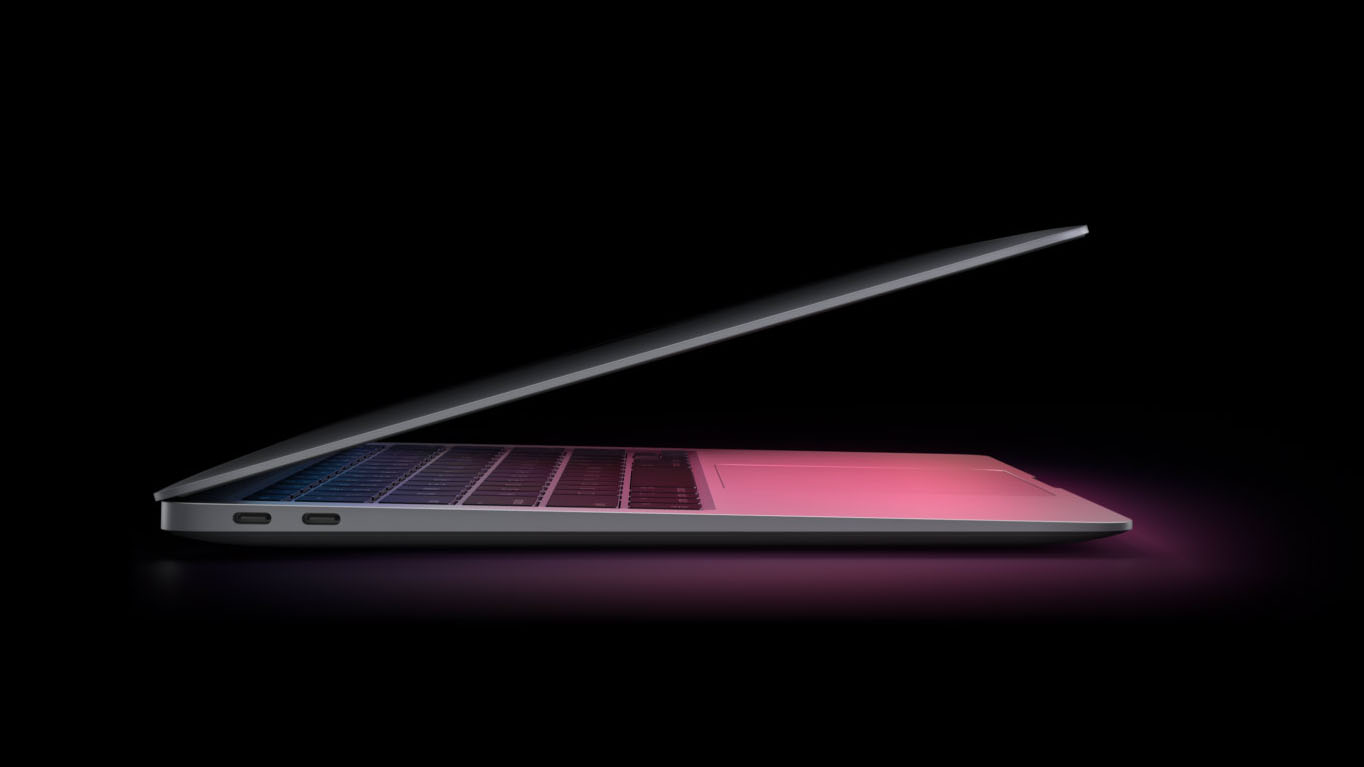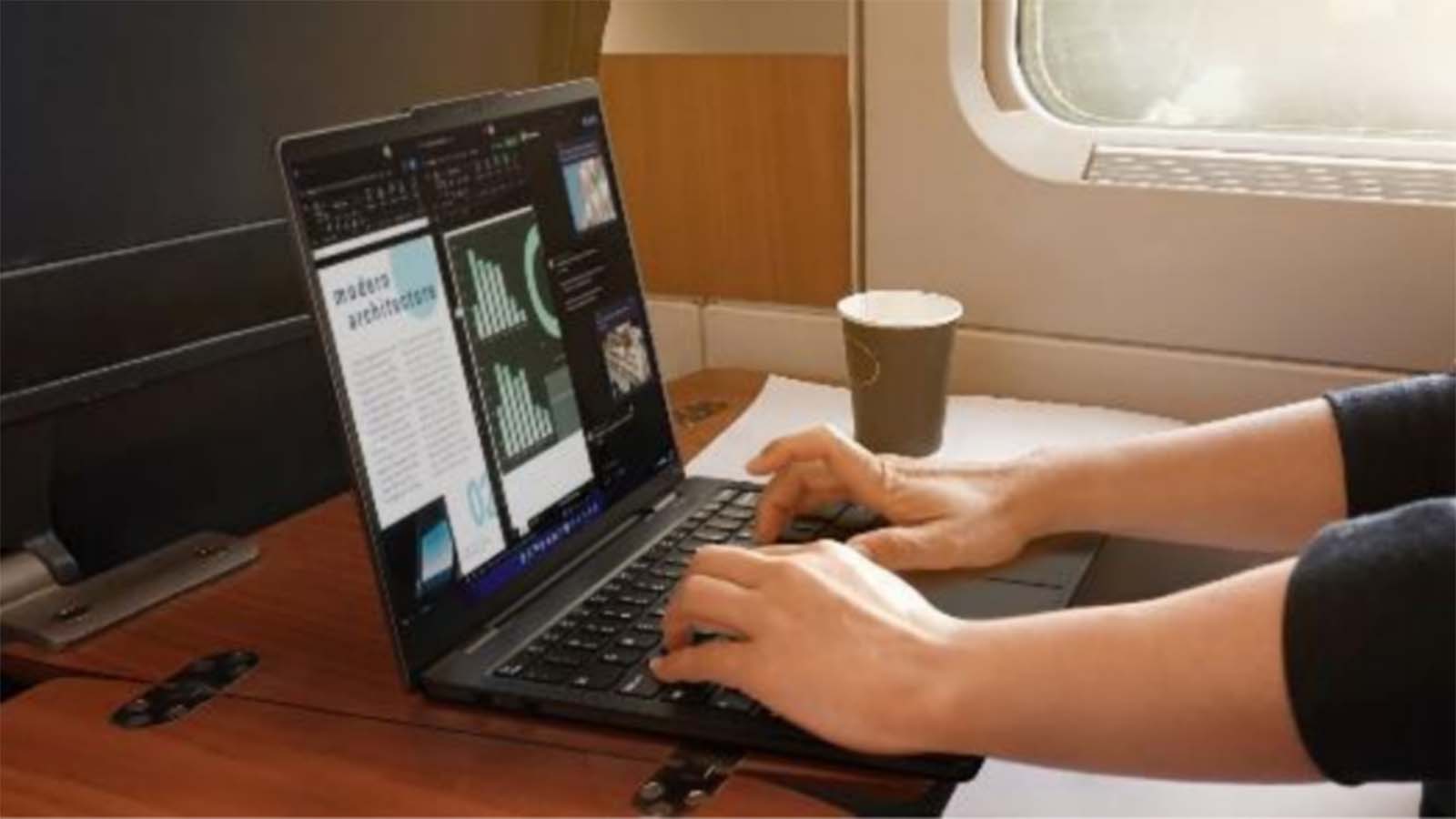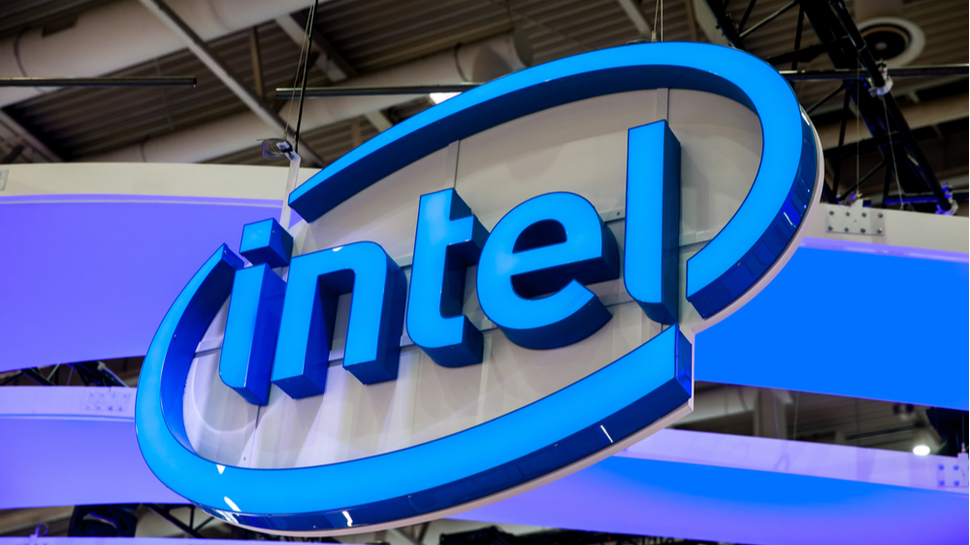Apple just saved Arm-based Windows laptops, and it’s a wakeup call Intel needs
Intel (and especially AMD) under threat from Qualcomm and Apple

Sign up for breaking news, reviews, opinion, top tech deals, and more.
You are now subscribed
Your newsletter sign-up was successful
While news around general PC sales has been rather bleak of late, there has been one section of the market that's bucking the downward trend, and actually increasing: Arm-based laptops.
As Toms Hardware reports, sales of Arm-based laptops not only increased last year but are expected to rise again this year as well.
This is a remarkable change in fortunes, as the laptop market had primarily been dominated by devices powered by Intel (and to a lesser extent, AMD) hardware, particularly processors. In the past, there have been attempts to release laptops running a specially-designed version of Windows, known as Windows on ARM (and sometimes Windows on Snapdragon), and Arm-based architecture.
Arm System on Chips (SoCs) were mainly used in mobile devices such as smartphones and tablets, and the idea for these early Arm-based laptops was that they would bring some of the benefits of those devices, such as long battery lives and almost instant boot times, to laptops.
However, that didn’t go according to plan.

Mostly Armless
The problem with Arm-based Windows laptops, in those early days, at least, was that while they did provide some of those features, especially long battery life, they were hampered by poor performance, dismal software support (many apps did not have Arm compatibility), and high price tags.
It led to Arm-based laptops being dismissed by many people for a long time. There were some bright spots, of course. Many of the best Chromebooks use Arm processors, and those popular laptops showed it was possible to create excellent devices using the hardware.
Sign up for breaking news, reviews, opinion, top tech deals, and more.
However, Chrome OS, which Chromebooks run, is an operating system that has been designed to be as lightweight as possible, with apps (including Android apps), that have Arm compatibility.
For people wanting a more flexible and robust operating system, Arm-based laptops remained unviable.
Enter Apple
While Microsoft’s attempts to get Windows laptops running on Arm hardware faltered, Apple came along and made it look easy.
In 2020, the company launched its M1 chip – an Arm-based SoC that debuted with the MacBook Air (M1, 2020), which is still one of the best laptops you can buy, in my opinion – and the MacBook Pro 13-inch (M1, 2020).
All of a sudden, the potential of Arm-based laptops was realized. There were powerful laptops that outclassed the previous Intel-based models, while dramatically extending battery lives. Crucially, they ran the full macOS operating system, and Apple made sure that major apps were either M1 compatible, or could run via a compatibility layer using the Rosetta 2 tool.
Many of the criticisms of Windows on Arm laptops, and even Chromebooks, could not be leveled at these new MacBooks. Performance was on par or exceeded Intel and AMD chips, you could run a full-featured operating system with all of your favorite apps, and prices were not extortionate. Apple is never going to release a budget laptop, but these M1 machines launched at the same price as the previous models.
As a rising tide lifts all boats, Apple’s success with its M1 MacBooks has meant the entire Arm laptop market has grown, with a report from Counterpoint Research showing that market share grew from 11% in 2021 to 13% in 2022, and it’s expected to hit 15% this year.
The scale of Apple’s impact on the Arm laptop market is pretty clear, with Apple taking a huge 90% share against more established Arm chip makers MediaTek and Qualcomm.
New laptops, running either Windows or Chrome OS, and based on MediaTek and Qualcomm hardware, are also coming this year, which along with Apple’s new M2, M2 Pro, and M2 Max chips, found in a new batch of recent MacBooks, has made Counterpoint Research confident in predicting the Arm laptop market share will continue to rise over the next few years, reaching 25% by 2027. That’s certainly ambitious, and it would mean that Arm-based laptop sales would overtake AMD-based laptops, but unlike a few years ago, I can actually see this happening.

What does this mean for Windows, Intel and AMD?
Despite Apple’s clear dominance over the Arm market, followed up by Chromebooks, this does represent an opportunity for Windows on Arm devices as well. The stigma over Arm devices has mainly evaporated thanks to Apple’s successes, and while I’m often hesitant to suggest Microsoft copies Apple, I’m going to do it here: Microsoft! Copy Apple!
Specifically, make sure that there’s a growing library of Windows applications and software that are compatible with Arm devices. If app developers are hesitant, then come up with a solution that works as well as Apple’s Rosetta 2. Basically, people need to be able to pick up a Windows on Arm laptop and run all of their favorite apps.
Laptop makers such as Dell, HP, and Lenovo will surely be watching this growing market and want to get in on it. Hopefully, we’ll see an increase in laptops using the latest tech from MediaTek and Qualcomm from those brands. The more choice, the better, especially as despite loving the M1 and M2 MacBooks, I don’t want to see Apple (or any company) have such dominance over a market.
For Intel and AMD, this growth is more concerning. Laptops have never felt like they were a priority for AMD, but it’d still sting if Arm laptop sales overtook its own by 2027. As for Intel, it will still have a healthy market lead, but it won’t be comfortable losing market share to rivals. Both companies will need to be more competitive, offering similar perks to Arm, especially when it comes to battery life.
To be fair to both, especially Intel, the companies have recently been putting a greater emphasis on improving efficiency, and therefore prolonging laptop battery life, which remains one of the biggest concerns customers have. Intel’s latest processors even use a combination of efficiency cores and performance cores that have been a part of Arm architecture for a while now.
So regardless of platform, I think the growth of Arm laptops is nothing but a good thing. Could I one day find an Arm-based Windows laptop that I’d actually want to use? Stranger things have happened.

Matt is TechRadar's Managing Editor for Core Tech, looking after computing and mobile technology. Having written for a number of publications such as PC Plus, PC Format, T3 and Linux Format, there's no aspect of technology that Matt isn't passionate about, especially computing and PC gaming. He’s personally reviewed and used most of the laptops in our best laptops guide - and since joining TechRadar in 2014, he's reviewed over 250 laptops and computing accessories personally.